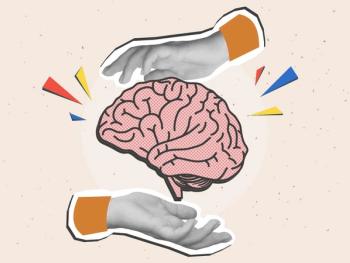
Checkmate! Managing Panic Disorder Through Chess Therapy
This mode of therapy, still in its infancy, could be used to analyze and monitor a patient’s progress during play.
NEWS BRIEF
Mr Tate writes about the health care industry; EHR interventions; and emerging technologies.
Based on the National Institute of Mental Health
Common treatment prevention strategies include therapies such as cognitive behavioral therapy (CBT) and SSRIs. SSRIs have been an effective course of treatment against panic disorders for over 20 years.2,3 For instance, in an early
What if CBT and medications fail?
Playing chess on a smartphone app was found to be effective in
The main challenge was to navigate the obstacles in a timely manner. The real turnaround in this whole experiment was based on the degree of difficulty: the amateur player knows little about the functioning of the game. The author found that chess was effective in regulating his levels of anxiety. His findings:
• When playing levels 1 through 3, the author was encouraged to play further because the application did not move the chess pieces too quickly. However, as the player progressed from level 3 on, determination wavered and mental anxiety and distress ensued
• The researcher employed different tactics to manage panic symptoms, such as watching television, taking a walk after dinner, and spending time with family
• The chess game acted as a source of distraction for the researcher. This brought his panic attacks to a complete halt, but the other sources of distraction were not as effective in treating the physiological response
The author reported he was able to “cure” his panic distress through the use of an app. However, there are other possible approaches to this therapy. A therapist could play along with the patient, face to face, and as panic symptoms subside, the activity could graduate to a recreational setting. This mode of therapy could be used to analyze and monitor the patient’s progress during play.
References:
1. National Institute of Mental Health. Panic disorder.
2. Pecknold JC, Luthe L, Iny L, Ramdoyal D.
3. Luethi M, Meier B, Sandi C.
4. Barzegar K, Barzegar S.
5. Fadul JA. Chess therapy. In Neukrug ES (Editor)
Newsletter
Receive trusted psychiatric news, expert analysis, and clinical insights — subscribe today to support your practice and your patients.






